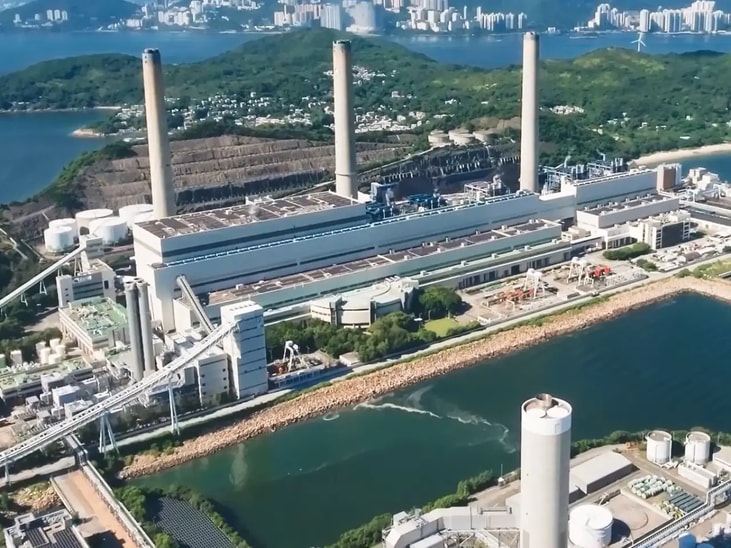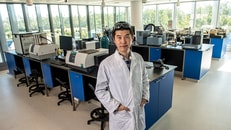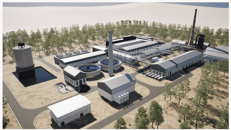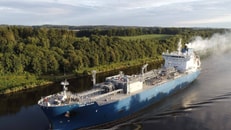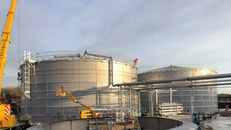Queensland blocks Glencore CCS project
Queenland has ruled Glencore-owned Carbon Transport and Storage Corporation’s Surat Basin Carbon Capture and Storage (CCS) project is unsuitable to proceed due to potential impacts on groundwater resources in the Great Artesian Basin.
The Department of Environment, Science and Innovation’s judgement followed a rigorous three-year assessment against the Environmental Protection Act 1994 and the Environmental Protection Regulation 2019.
It found that the Precipice Sandstone aquifer in the Great Artesian Basin, where the project had proposed to inject captured CO2 for storage, is not a confined aquifer, which is a strict regulation requirement.
The assessment also found that CO2 injected into the aquifer ‘could migrate, likely causing irreversible or long-term change to groundwater quality and environmental values if the project were to proceed’.
... to continue reading you must be subscribed

